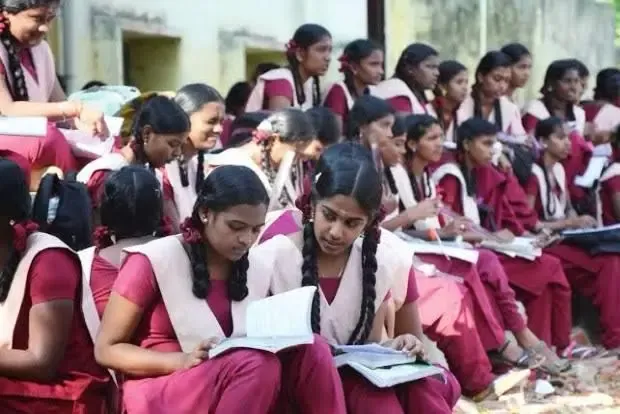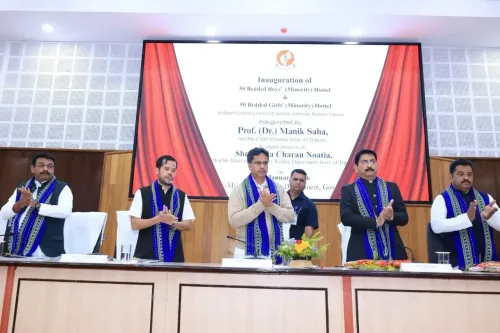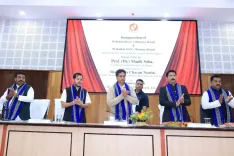How is Tamil Nadu Addressing Caste Discrimination and Violence in Schools?

Synopsis
Key Takeaways
- Monitoring committees established across Tamil Nadu's districts.
- Led by Chief Education Officers and include various stakeholders.
- Focus on caste discrimination, violence, and harassment.
- Monthly reports from schools to ensure accountability.
- Toll-free helplines available for student support.
Chennai, June 29 (NationPress) In an effort to combat caste-based discrimination and violence among students, the Tamil Nadu School Education Department has mandated the establishment of monitoring committees throughout all districts.
As per the newly issued guidelines from the Directorate of School Education, these committees will be led by Chief Education Officers (CEOs) and will comprise deputy superintendents of police, educational experts, and student protection officers.
The committees' responsibilities include overseeing incidents of caste discrimination, caste-based violence, and sexual harassment within schools.
Additionally, they are required to gather monthly reports from school headmasters and act swiftly on any reported incidents.
Students experiencing caste-related discrimination can access assistance through the government’s toll-free helplines 14416 and 104.
Furthermore, educators are urged to inform students about the risks associated with misinformation on social media, especially regarding rumors and false information that could incite caste-related tensions.
The School Education Department has highlighted the necessity of conducting awareness programs in schools to educate students against disseminating unverified information that may lead to unwarranted conflict.
Moreover, the department has clarified that school managements are not permitted to utilize institutional facilities for events unrelated to educational purposes.
Officials indicated that this initiative arises from increasing concerns about caste-related strife affecting school environments and the influence of social media in spreading misinformation. By establishing these district-level committees and enforcing stricter regulations, the government aims to foster safer and more inclusive educational settings across the state.










